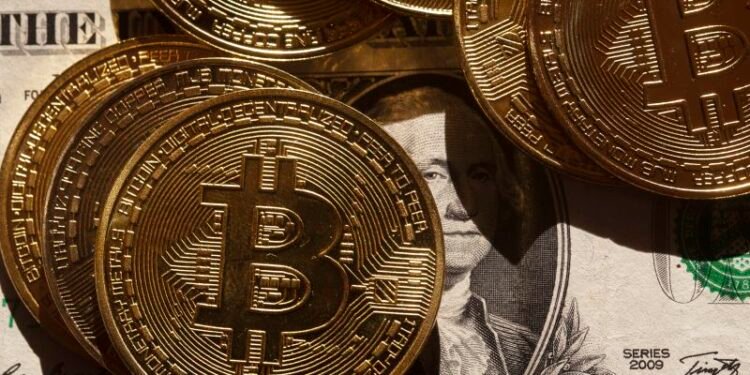Headline: U.S. Government Unveils Contentious Bitcoin Strategic Reserve Strategy
Introduction
Recently, the Trump administration introduced a controversial initiative known as the “bitcoin strategic reserve,” eliciting mixed reactions within the cryptocurrency community and beyond. Supporters view the plan favorably, while critics question its feasibility, and some remain indifferent to its significance.
Expert Views
As per the latest executive order, the U.S. seeks to centralize bitcoin obtained from confiscations into a reserve asset similar to traditional reserves like gold and oil. Advocates, such as Jason Yanowitz of Blockworks, believe this reserve could act as a safeguard against potential financial instability. They suggest that in a future where cryptocurrencies might supersede fiat currency, such reserves could aid in tackling national debt. Yanowitz acknowledges the risk of mismanagement by the Federal Reserve, indicating that assets like gold and Bitcoin could serve as protection against currency devaluation and inflation.
Market Perspective
The proposal has sparked discussions among cryptocurrency enthusiasts who prefer a more aggressive acquisition strategy rather than solely relying on repurposed government holdings. Critics argue that this reserve could predominantly benefit early investors, including thirty cryptocurrency executives who recently met with the president. The administration claims that public funds will not be used to acquire additional bitcoin. Nonetheless, the order permits the Treasury and Commerce departments to formulate “budget-neutral” approaches to procure more cryptocurrency, prompting inquiries about the plan’s long-term financial reverberations.
Analysis of Impact
Following the announcement, Bitcoin’s value dropped from around $90,000 to $85,000, possibly reflecting a sentiment of “buy the hype, sell the news” prevalent among investors. Economists are skeptical about the feasibility of the reserve, noting that it may inadvertently undermine trust in the U.S. dollar, essential for global finance. Bitcoin’s intrinsic nature—a volatile digital asset lacking tangible backing—adds complexity to its role in the nation’s financial agenda. Despite being categorized as a cryptocurrency, Bitcoin is not extensively used for daily transactions, raising concerns about its practicality as a reserve asset. Advocates tout it as “digital gold,” especially beneficial in nations with unstable currencies. While Bitcoin’s value has surged over the past five years, highlighting its potential as a store of value, the market remains volatile and uncertain.
Conclusion
The Trump administration’s proposal for a bitcoin strategic reserve has sparked a multifaceted discussion on the future of cryptocurrency in the U.S. While proponents view it as a significant stride towards financial innovation, skeptics warn of the volatility and speculative nature of digital currencies. As the implementation progresses, the genuine impact on both the cryptocurrency sphere and the stability of the U.S. dollar is yet to unfold, emphasizing the necessity for careful deliberation when navigating this evolving financial landscape.








